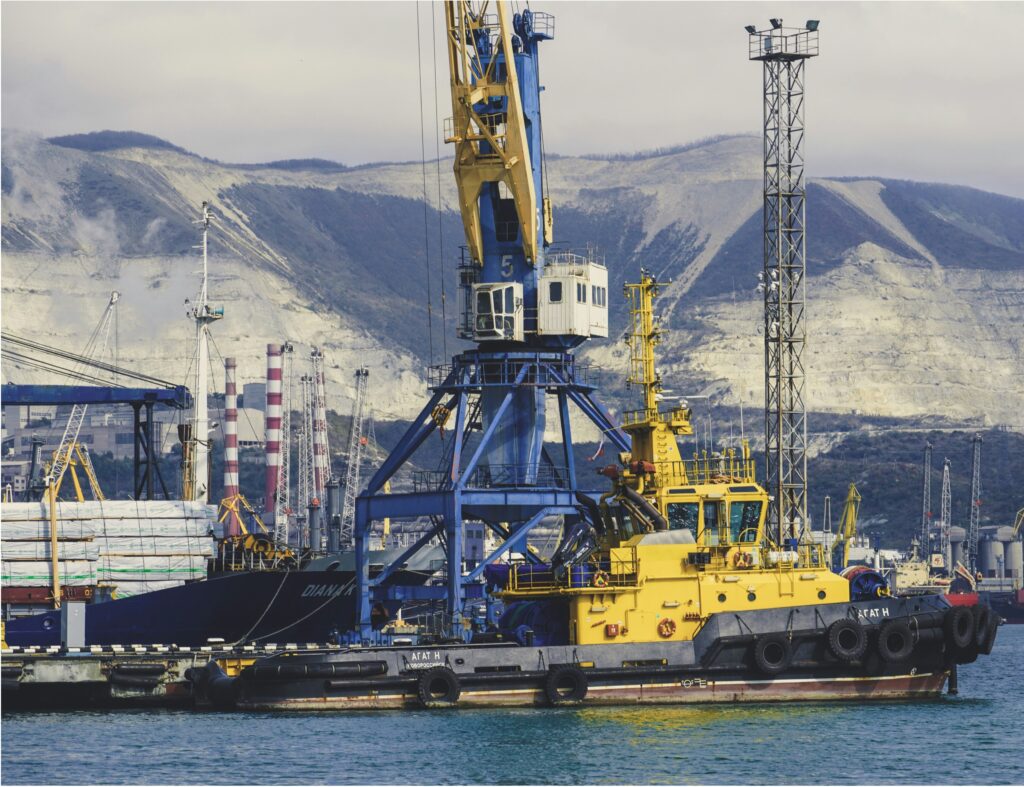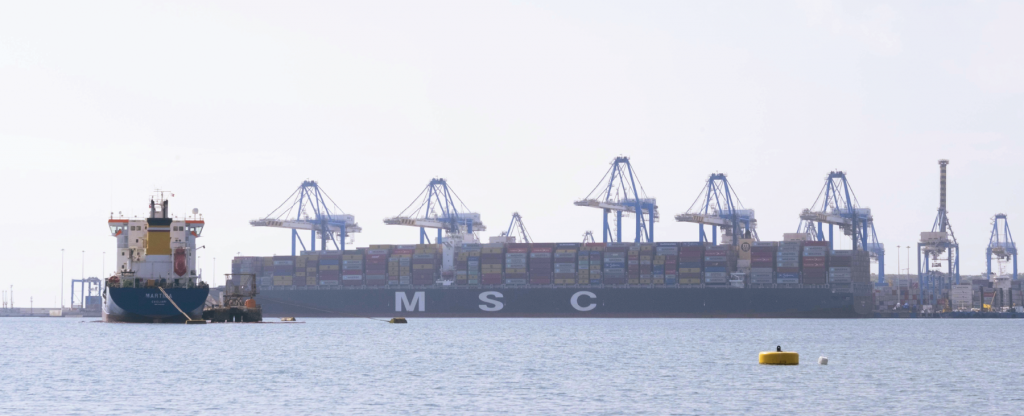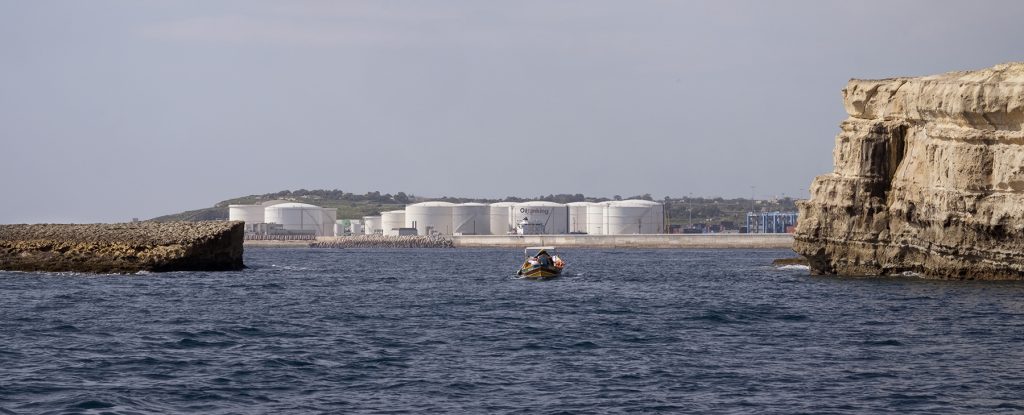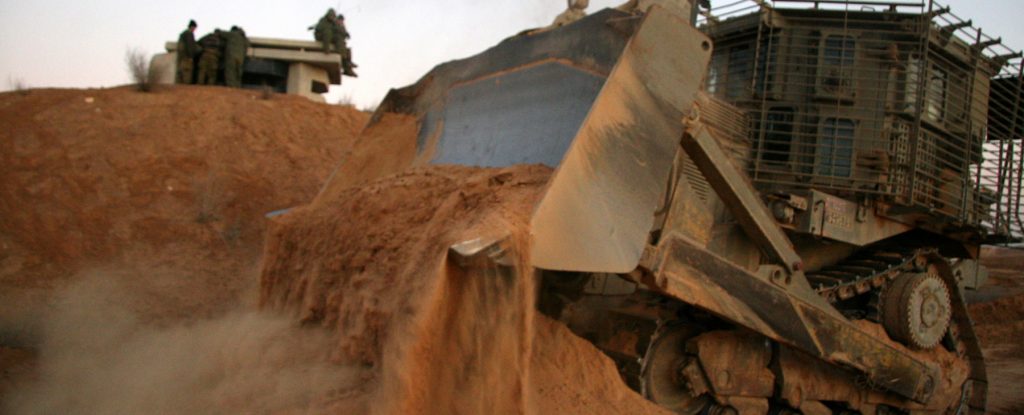Can the illegal exploitation of the Congolese subsoil during the ongoing conflict amount to a war crime?
Could a Swiss businessman be liable for pillage – a war crime under international law – by purchasing minerals from a region of the Democratic Republic of Congo controlled by an armed group? The investigation, opened in March 2018 by the Office of the Attorney General, might be able to answer this question.
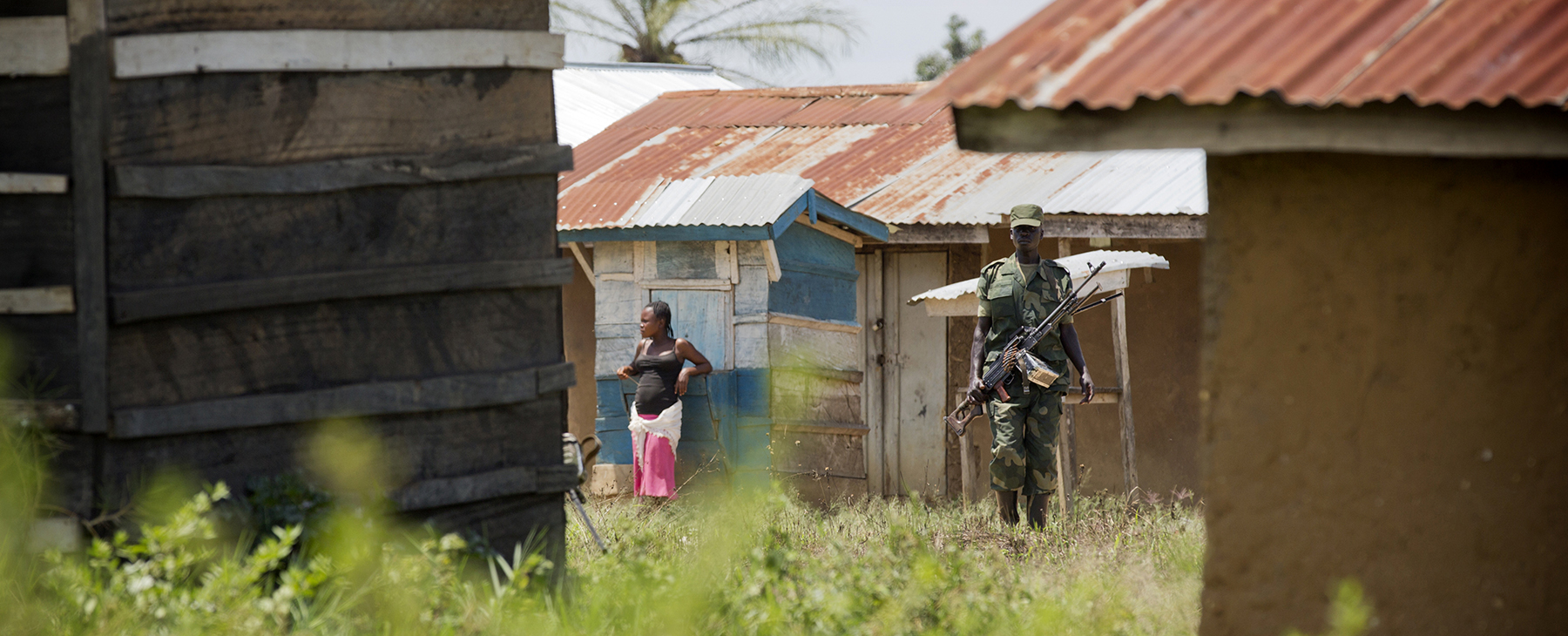
In November 2016, TRIAL International and the NGO Open Society Justice Initiative (OSJI) filed a criminal denunciation against Christoph Huber, a Swiss businessman operating in the trade of minerals. During the second Congo war between 1998 and 2003, Huber was allegedly directly linked to the RCD-Goma (Goma faction of the Rassemblement congolais pour la Démocratie), an armed group accused of war crimes that occupied – and de facto administered – large territories in the east of the Democratic Republic of Congo (DRC).
The events denounced occurred in 2001. At that time, Christoph Huber appears to have signed on behalf of a Rwandan company a contract granting several mining concessions from an official body of the RCD-Goma, along with guarantees of protection by troops of the armed group. Huber had also been involved in the mineral trade in the region at least since 1997 on behalf of other companies, some of them Swiss-based.
Commercial documents obtained during the investigation conducted by both organizations between 2013 and 2016 highlight the existence of links between RCD-Goma and the Swiss businessman. “We had no choice but to file a criminal complaint against Christoph Huber as an individual, because the possibility of doing the same against a company is particularly limited under Swiss law”, explains Bénédict de Moerloose, head of the International Investigations and Litigation program at TRIAL International. In this case, however, the problem is even more complex because Mr. Huber’s business ties with the Swiss companies in question have meanwhile been terminated. Through this strategy, the organization therefore hopes to obtain a decision that would set a new precedent. Whether or not the Federal Public Prosecutor’s Office will follow up remains to be seen.
As in many other countries, the legal framework in Switzerland is not very restrictive for companies and relies primarily on their goodwill. There are very few legal avenues to prosecute economic actors potentially involved in the commission of international crimes.
The introduction of a duty of due diligence, coupled with legal liability, should make it possible to hold offending companies accountable, and not only those who work on their behalf.


